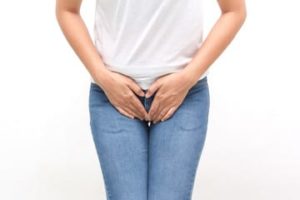
Between one-quarter and one-third of people in the United States suffer from urinary incontinence, and most of them are women. Some studies even say that women are twice as likely to experience urinary incontinence than men. So what causes such a big gap in those who suffer from urinary incontinence? Keep reading to learn more about what causes urinary incontinence.
Pregnancy and Childbirth
The changes of hormones that result from pregnancy can help spur on urinary incontinence. The growing weight of your baby can also lead to stress incontinence (which is characterized by urine leaks during times you put stress on your bladder, like sneezing or lifting something heavy).
Menopause
During menopause, women’s bodies go through various changes. The biggest change is the lowered amount of estrogen produced in the body. Estrogen is linked to the bladder and urethra, as it helps keep the lining of these organs healthy. Therefore, lower amounts of estrogen can lead to changes in the bladder and urethra, causing urinary incontinence.
Before reaching menopause, women’s bodies are still changing. As we age, involuntary bladder contractions become more common, too.
Infections
Sometimes we think it’s worse than it really is. For example, easily treatable issues like urinary tract infections can sometimes lead to urinary incontinence. Also, in a strange twist, constipation can sometimes cause urinary incontinence. To rule out easily treatable conditions, we can perform a basic examination and see what is really going on.
If you’ve been experiencing urinary incontinence lately, give us a call at (281) 444-3440 to schedule a consultation.